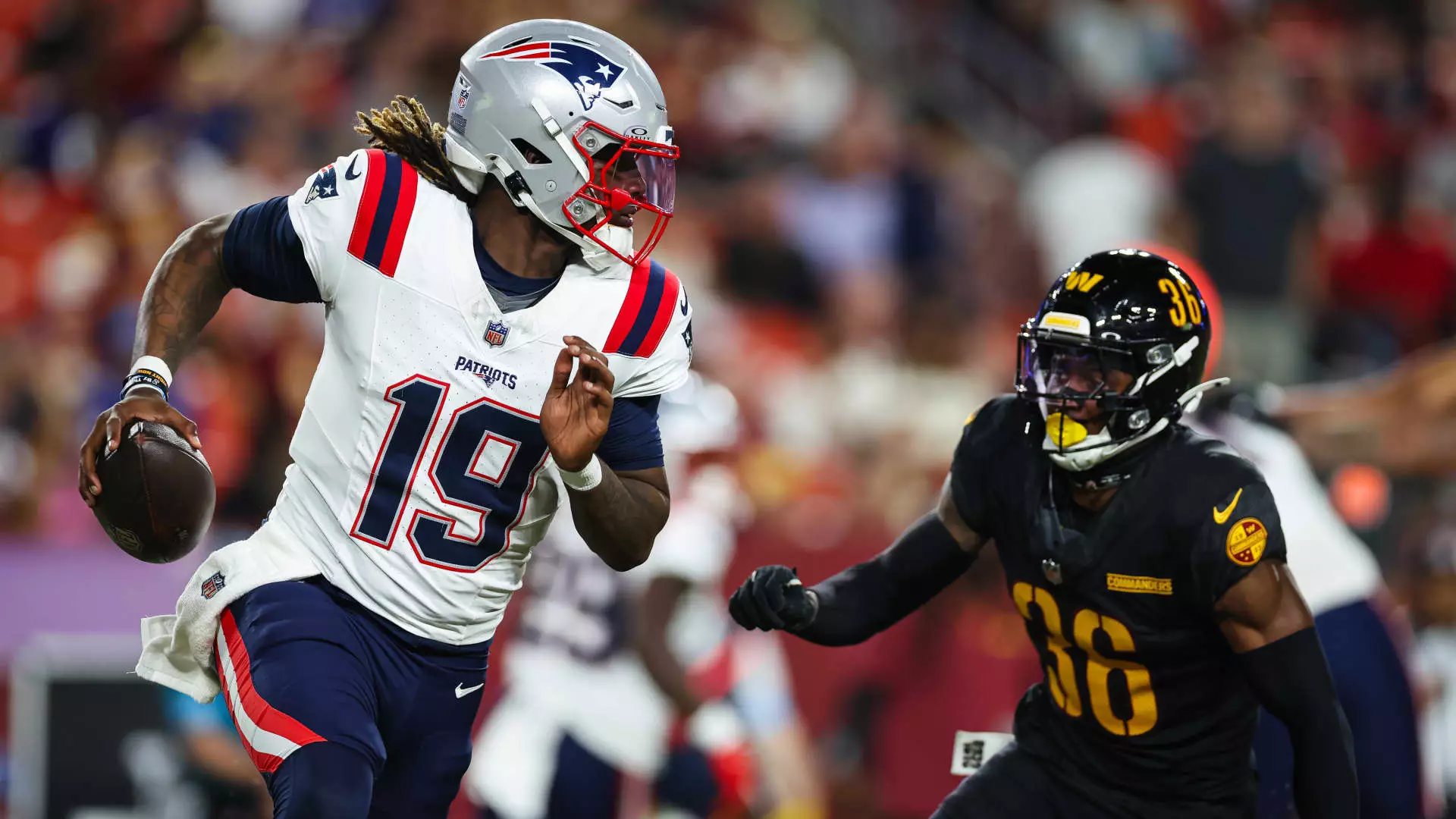In the United States, sports betting is booming with the return of football season. Industry experts project that U.S. adults will wager a staggering $35 billion on NFL games this season, representing a significant increase from last year. This surge in betting activity can be attributed to the legalization of sports betting in various states, with 38 states and Washington, D.C., now allowing this form of gambling.
Surprisingly, the growth in sports betting has not translated into increased stock prices for major gambling companies. Despite the record-breaking betting numbers, stocks of companies like DraftKings, Penn, Caesars, MGM Resorts, and Entain have all experienced negative year-to-date performances. Flutter, the owner of FanDuel, stands out as an exception with a 19% increase in its stock price after listing on the New York Stock Exchange.
To attract more customers and boost revenue, sportsbooks are implementing innovative strategies during the NFL season. FanDuel, for example, has partnered with YouTube to offer a unique “Sunday Ticket” promotion, allowing players to watch out-of-market NFL games after placing a wager. This initiative aims to increase fan engagement and drive more betting activity. Moreover, FanDuel has enhanced its app design and added new betting options to improve user experience.
Fanatics, known for its sports merchandise and memorabilia, has made a notable entry into the sports betting industry. The Fanatics Sportsbook, which leverages its existing database of 100 million sports fans, has quickly expanded into 22 states. By acquiring PointsBet’s U.S. operations and integrating its technology, Fanatics has established itself as a major player in the market. The company’s focus on rewarding customers with merchandise and collectibles sets it apart from traditional sportsbooks.
While some companies like Fanatics are thriving in the sports betting landscape, others are facing challenges. DraftKings, despite its popularity, has seen a decline in its stock price and recently had to backtrack on a controversial plan to tax customers in high-tax states. Similarly, Penn Entertainment is under scrutiny for its digital business performance and is banking on its partnership with ESPN to drive growth.
Innovations in technology are reshaping the sports betting industry. BetMGM, for instance, has introduced a single wallet for mobile play in Nevada, allowing customers to seamlessly transition between Las Vegas casinos and online betting platforms. This move aims to enhance the user experience by streamlining transactions and enhancing convenience for players.
The landscape of sports betting in the U.S. is evolving rapidly, driven by increased consumer demand and technological advancements. While some companies are capitalizing on this growth through innovative strategies, others are facing challenges that require them to adapt to changing market dynamics. As the industry continues to expand, it will be crucial for sportsbooks to stay ahead of the curve and meet the evolving needs of bettors.

